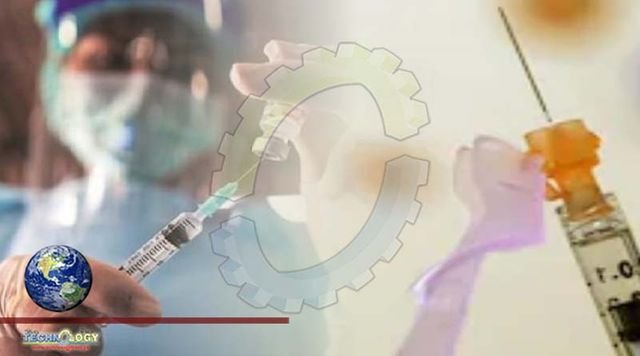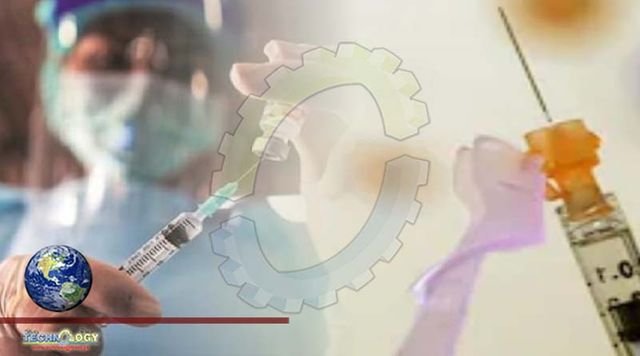World AIDS Vaccine Day or HIV Vaccine Awareness Day is observed globally to highlight the need for a safe and effective problem against the disease.

World AIDS Vaccine Day or HIV Vaccine Awareness Day is observed globally on 18 May. The day is marked to spread awareness regarding the importance of developing a vaccine to prevent Human immunodeficiency virus (HIV) infection and AIDS (Acquired Immuno Deficiency Syndrome). The day also acknowledges the volunteers, health professionals supporters, and scientists who are working tirelessly to bring an effective and safe vaccine to fight against HIV.
World AIDS Vaccine Day pushes the international medical community to recognise the need for investing in new and effective technologies that can be a comprehensive response to this life-threatening problem. The human immunodeficiency virus (HIV) affects the immune system and doesn’t let the White Blood Cells (WBC) work properly against any disease, allowing life-threatening infections to thrive.
World HIV Vaccine Awareness Day was first celebrated across the world in the year 1998. The idea of HIV Vaccine Awareness Day took shape from a commencement speech delivered by then US President Bill Clinton at Morgan State University on 18 May 1997. Clinton suggested that only a really effective, preventive HIV vaccine can contain and eradicate the fatal disease. He appealed to the world to develop an AIDS vaccine within the next decade by putting science and technology to optimum use.
Since then, World AIDS Vaccine Day is celebrated every year on 18 May to mark the anniversary of Clinton’s speech. On this day, various organisations all across the world commemorate the day to reiterate preventive measures against AIDS, encourage researchers and ensure general people’s active participation in this noble drive
HIV is a transmissible disease and it can be contracted through unprotected sex, bodily fluids and sharing needles. It can also be transmitted to a baby from the mother during pregnancy, childbirth or breastfeeding. Some early symptoms like flu, fever, and sore throat can be seen within a few weeks of the infection.
Anti-retroviral Therapies (ART) can impede the development of the disease but no permanent cure has been introduced yet. However, nowadays effective HIV prevention, diagnosis, treatment, and care allow infected people to have long and healthy lives.
Source: This news is originally published by firstpost.
